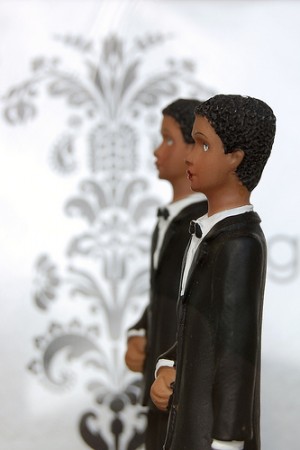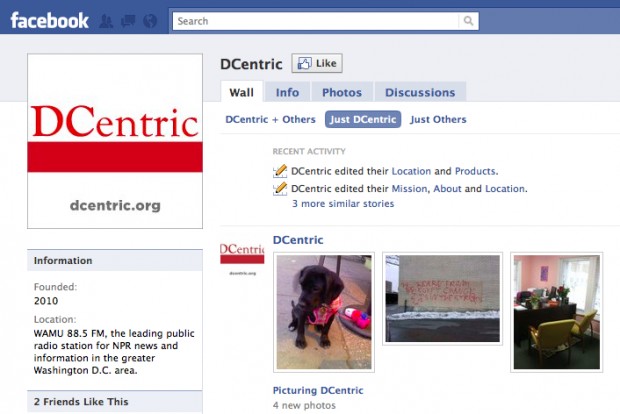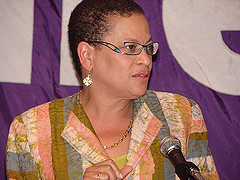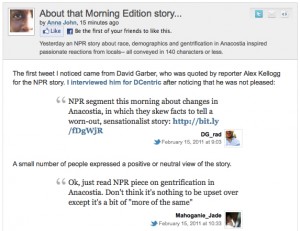Over at TAPPED, Jamelle Bouie explains it all, if by all we mean “Black People and Gay Marriage”:
The broader question is this: Why aren’t black people energized about gay marriage, despite having high rates of religious attendance? Easy answer: It’s class, stupid. To channel Princeton political scientist Larry Bartels for a moment, the culture wars are mostly fought between Republican and Democratic elites; after all, it’s easy to obsess over gay people when you’re not worried about paying your bills.
For African Americans, who are disproportionately lower-income, gay marriage is far less important than jobs, health care, and economic growth (this is also true of working-class whites, though to a lesser extent). When you couple this with extremely high support for President Obama — and also, the fact that black people hold different opinions on different things — it’s no real surprise that African Americans, as a class, are less than interested in whether gay people can marry or serve openly in the military.












